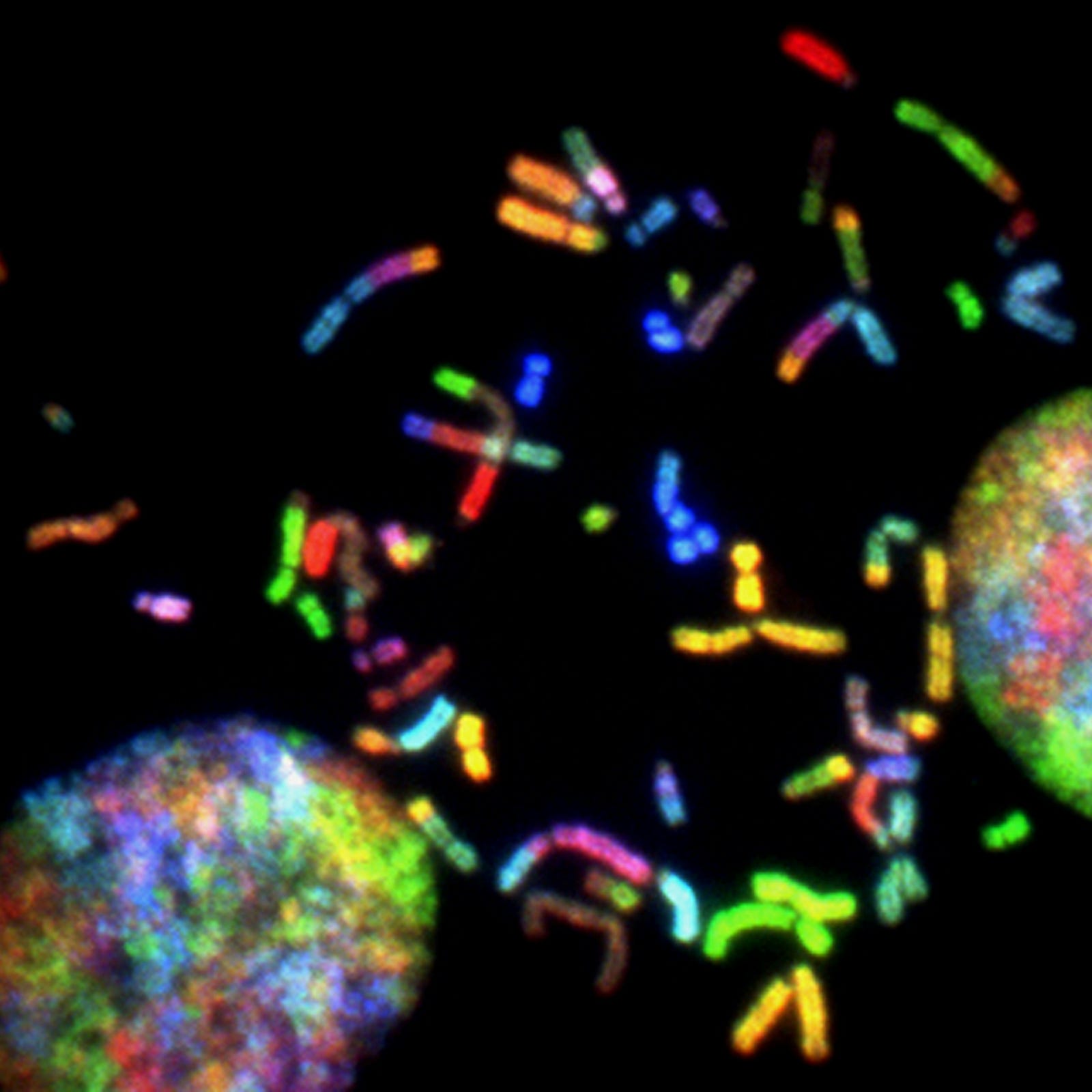Outsmart Heart Disease. That’s today’s focus.
My father, affectionately known as “Jack,” died of heart disease at age 85.
I got to wondering about my own risk and whether individuals with a family history of heart attack or stroke might be able to lower their own risk.
You already know that cardiovascular disease remains a leading cause of death globally.
Fortunately, there has been extensive research into cardiovascular disease risk factors and prevention strategies.

A new study published in Nature Human Behavior focused on the interplay of genetics and lifestyle in a Chinese population.
Key Takeaway – Outsmart Heart Disease
Here’s the good news:
Adopting a healthier lifestyle lowered the risk of early-onset coronary artery disease by more than 14 times in individuals with the highest genetic predisposition.
Additionally, a healthy lifestyle was linked to reductions in early-onset ischemic stroke and late-onset coronary artery disease.
Let’s examine the study more closely.
The Study
In a large study of over 96,000 adults without a history of heart problems, researchers examined how genes and lifestyle choices affect heart disease risk.

They divided the participants into two groups:
- one for building a “risk calculator” and
- one for testing it.
The participants had an average age of 53.
Study Details
The “risk calculator” looked at the genes of one group to estimate their risk for three types of heart problems:
- blocked heart arteries
- stroke caused by blockages
- bleeding in the brain
Then, using the second group, they looked at the age of people when they got these heart problems and how their genes and lifestyle choices played a role.

Unhealthy lifestyle choices included:
- Smoking.
- Not eating fruits or vegetables every day.
- Not exercising much.
- Having a body weight that’s too high or too low.
The researchers also put people into three categories for their genetic risk: low, medium, and high.
Bad Habits and Bad Heart Genes
The researchers defined “early-onset” heart disease as occurring before age 55 in men and before 65 in women.
They found that those with a higher genetic risk were more likely to develop heart problems earlier in life.
Additionally, unhealthy lifestyles increased the risk of all three types of heart problems in people under 60, regardless of their genes.
The study concluded that people with both high genetic risk and unhealthy lifestyles faced the greatest risk of developing heart disease, especially at a younger age.

More Results – Outsmart Heart Disease
The study revealed a strong connection between genetic predisposition, unhealthy lifestyle choices, and the early onset of cardiovascular disease.
Those with a higher genetic risk, combined with poor lifestyle habits, were at significantly increased risk of developing heart problems at a younger age.
The findings remind me of the crucial role lifestyle changes can play in potentially delaying or preventing heart disease, even in individuals with a genetic predisposition.
Lifestyle Matters – Outsmart Heart Disease
The study’s findings highlight that individuals with a higher genetic predisposition to cardiovascular disease may experience the most significant benefits from adopting a healthy lifestyle.
Researchers observed that those with the highest genetic risk, who switched from an unhealthy to a healthy lifestyle, saw a remarkable 14.7 times reduction in the risk of early-onset coronary artery disease.

Furthermore, they experienced a 2.5 times reduction in early-onset ischemic stroke and a 2.6 times decrease in late-onset coronary artery disease.
My Take – Outsmart Heart Disease
I think the study offers valuable insights but has some limitations.
- The study focused on a specific Chinese population, so the findings may not apply universally. Future research should include more diverse groups.
- Some health and lifestyle data rely on self-reporting, which can be inaccurate and potentially influence the results.
- The low occurrence of cardiovascular disease in participants under 50 limited the study’s ability to analyze this age group separately.
- The study didn’t specifically examine how genetic risk and lifestyle interact differently in men and women.
- Finally, potential lifestyle changes during the follow-up period could have impacted the findings, and there were some differences between the two groups of participants.
My Recommendations – Outsmart Heart Disease
I realize that taking charge of your cardiovascular health can be a challenge, but here are some practical steps:
First, eat lots of fruits and vegetables.
I also focus on healthy fats (such as olive oil), whole grains, and healthy protein sources.
Second, get regular physical activity. Just move, preferably at least 30 to 45 minutes daily for five times weekly.

Third, don’t smoke or drink alcohol excessively.
Your healthcare provider can help you prioritize lifestyle changes in manageable ways.
My father died of cardiovascular disease at 85. I would prefer not to go down the same pathway.
Thank you for reading “Outsmart Heart Disease.” Did you remember to sign up to follow this blog? Thanks!




